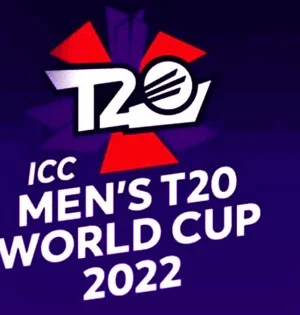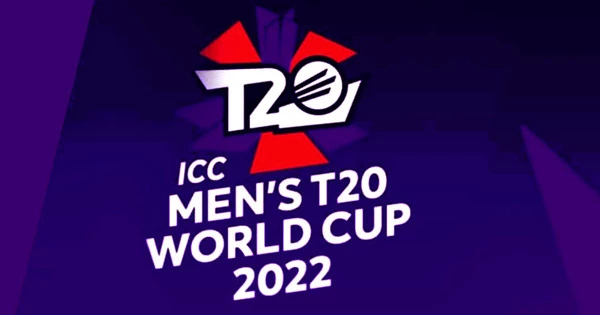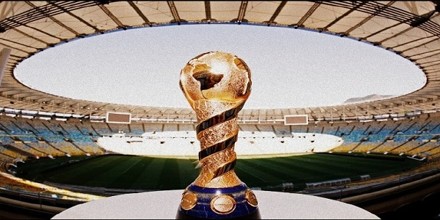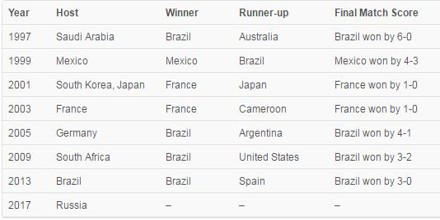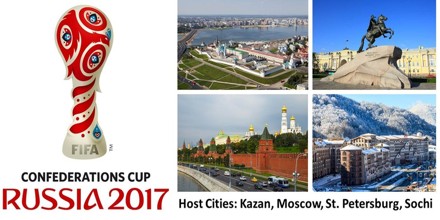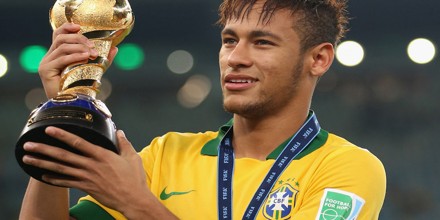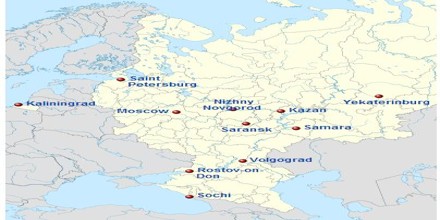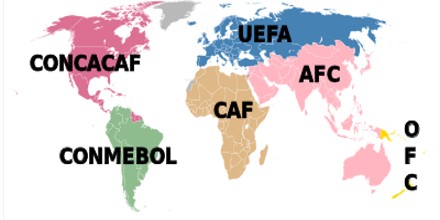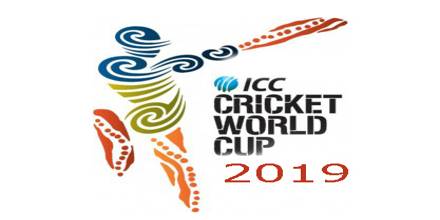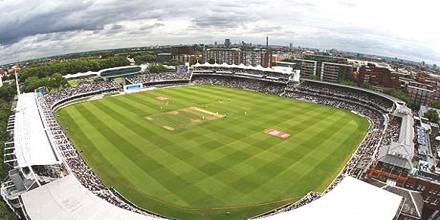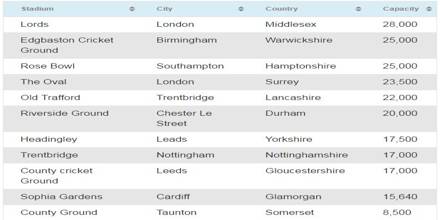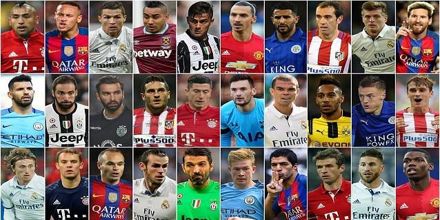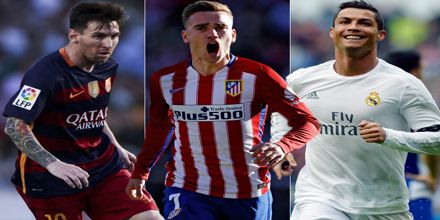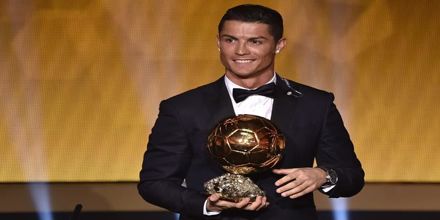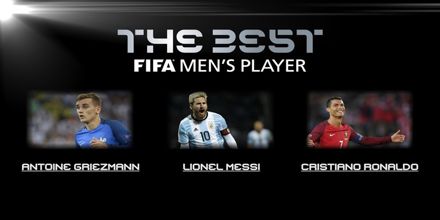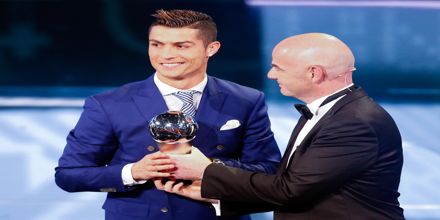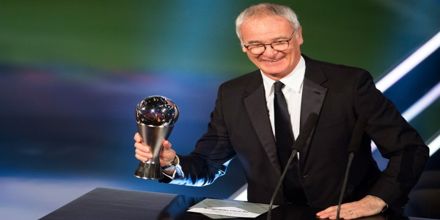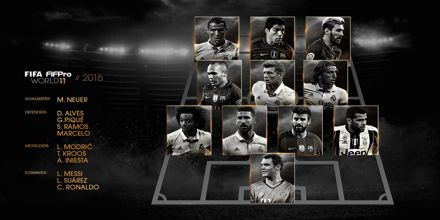The ICC Men’s Cricket T20 World Cup 2022, the eighth T20 cricket world cup, will be held in Australia from October 16 to November 13, 2022. The tournament was originally scheduled to take place in 2020, however, the International Cricket Council (ICC) declared in July 2020 that it has been postponed to 2022 owing to COVID-19. The ICC also stated in August 2020 that Australia would host the revised event in 2022, with the T20 World Cup originally set to take place in India in 2021, but then shifted to the UAE and Oman. The ICC confirmed all tournament fixtures on January 21, 2022. Australia, the hosts, is also the defending champion.
On November 16, 2021, the International Cricket Council (ICC) announced that seven Australian cities will host a total of 45 T20 World Cup 2022 matches. These are the seven cities & the stadiums:
| City | Stadium |
| Adelaide | Adelaide Oval |
| Sydney | Sydney Cricket Ground |
| Perth | Perth Stadium |
| Hobart | Bellerive Oval |
| Geelong | Kardinia Park |
| Brisbane | The Gabba |
| Melbourne | Melbourne Cricket Ground |
In October 2019, it was reported that the ICC was considering scrapping the T20 World Cup Qualifier, which would have served as a pathway to qualification for the T20 World Cup. As a result, twelve teams from the 2020 ICC T20 World Cup and four teams from qualification events would progress to the T20 World Cup. The International Cricket Council (ICC) confirmed the entire qualification details for the event on January 23, 2020. The ICC informed the Board of Control for Cricket in India (BCCI) in May 2020 that they reserve the right to withdraw hosting rights from India if the BCCI does not obtain a tax exemption from the Government of India for the tournament. Earl Eddings, the chairman of Cricket Australia, stated in July 2020, when the previous edition of the tournament was being examined owing to the COVID-19 outbreak, that Australia may host that tournament in October 2021, and India stage this tournament a year later in 2022. The ICC also announced that either Australia or India, which were initially due to host tournaments in 2020 and 2021, will host this event.
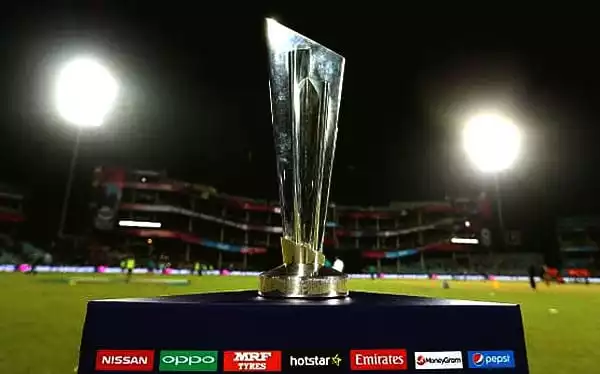
The four lowest-ranked teams from the 2021 ICC T20 World Cup, the four best-ranked teams not previously qualified for the World Cup or qualifiers, and eight teams from Regional Qualifiers will compete in the Global Qualifiers. The International Cricket Council (ICC) declared on March 24, 2020, that all ICC qualifying tournaments scheduled to take place before June 30, 2020, had been postponed owing to the COVID-19 epidemic. Following the disruption caused by the epidemic, the ICC changed the qualification procedure in December 2020.
The ICC confirmed in August 2021 that the EAP qualifier had been postponed because of the COVID-19 pandemic. As a result, the Philippines advanced to the Global Qualifiers as the EAP region’s highest-ranked team. Due to the pandemic, Group B of the Asia qualification was also canceled in October 2021, with Hong Kong progressing as the highest-ranked team. Jersey won their first four matches in the Regional Final of the European qualifier to guarantee their advancement to the Global Qualifiers. Germany finished second, ahead of Italy on net run rate, to advance from the European group as well. Bahrain took first place in Group A of the Asia qualifier, finishing barely ahead of Qatar on net run rate. After winning their first five matches in the Americas qualification, the United States became the first team from that group to advance to the Global Qualifiers. Canada, which finished second in the Americas qualification group, joined them. Uganda took the final spot in the Global Qualifiers by winning the Africa qualifier’s Regional Final.
The twelve countries that advanced to the Super 12 stage of the ICC Men’s T20 World Cup in 2021 directly qualified for the tournament in 2022. Afghanistan, Australia, Bangladesh, England, India, Pakistan, New Zealand, and South Africa all qualified for the Super 12 phase of this tournament based on their results in the 2021 tournament and their rankings as of November 15, 2021. Namibia, Scotland, Sri Lanka, and the West Indies were all assigned to the competition’s group stage.
The ICC revealed the group information for eight teams; the remaining four teams will compete in the Super 12 after the first round. India and Pakistan, two of the rival countries, are both represented in the same group.
Super – 12 Teams:
Group 1: England, New Zealand, Australia, and Afghanistan, Group A winner and Group B runner-up
Group 2: India, Pakistan, South Africa, and Bangladesh, Group B winner and Group A runner-up
ICC Men’s T20 World Cup 2022 Summary
| ICC Cricket T20 World Cup 2022 | From 16 October 2022 to 13 November 2022 |
| Host | Australia |
| Administrator | International Cricket Council (ICC) |
| Format | T20 (20 Over Cricket League Match) |
| The tournament format(s) | Group stage to knockout and Final |
| Opening Match | 16 October 2022 |
| Semi-Final-1 | 9 November 2022 |
| Semi-Final-2 | 10 November 2022 |
| Final Match | 13 November 2022 |
| Participants Team | 16 |
| Total Matches played | 45 |
| Current winner | Australia |
